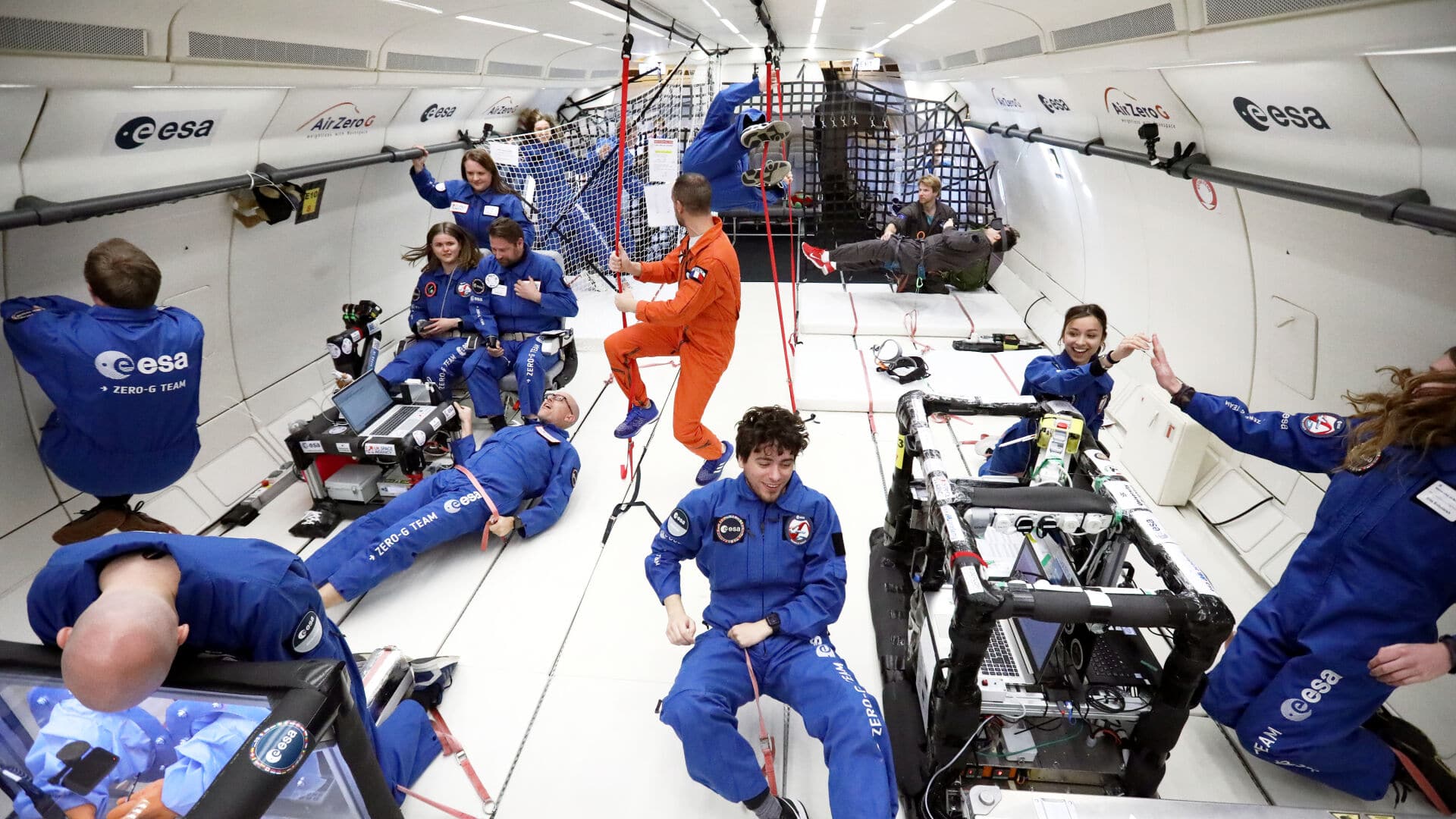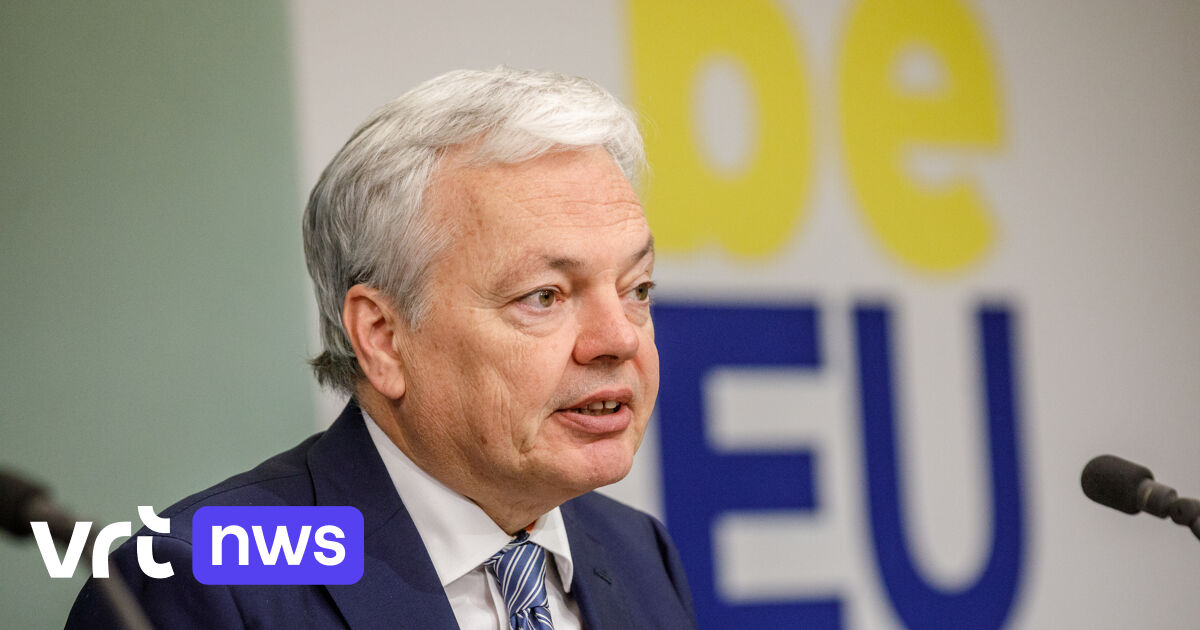Klaasvdhorst
background nitrogen
Scientific studies conducted so far indicate that the green deal and farm-to-fork strategy will have a negative impact on global food security. Roel Jongeneel of Wageningen Economic Research stresses that these are typical analyzes and that there are many uncertainties, but according to him, they make for a good initial exploration.
Jongeneel presented these findings at the SGP conference “Who Will Feed the World Tomorrow…?” which was held in Puten on Friday 20 January. The scientist pointed out that the Green Deal and the farm-to-fork strategy, and the related biodiversity strategy, are not yet legislation, but have a guiding effect.
Production growth is required from 2% to 3% annually
As the world’s population grows, more food is needed; Much more if you also want to reduce food insecurity, which affects a quarter of the world’s population. Jongeneel calculates what this means for grains: from 7 gigatonnes of grain in 2020 (while about 10% of people are seriously malnourished) to 12 gigatonnes in 2050. That assumes more people have a more generous diet, But not the EU diet yet. He assumes that 10% of energy consumption will then consist of biofuels, which would also require another 5 gigatonnes of grain. That’s a total of 17 Gt. But to feed everyone the current diet in the European Union would require 23 gigatonnes of grain. Eventually, the required production growth will reach 2% to 3% per annum.
The European targets for 2030 are: halve the use of plant protection products, reduce nutrient losses by 50% (resulting in 20% less fertilizer), halve the use of antibiotics and increase the organic area to a quarter of the total agricultural area. According to Jongeneel, this means that production growth will slow down or production will contract. That may also translate to coordination the prices.
Jongeneel cites various studies on the potential consequences of EU policy by WUR, USDA, Kiel, and JRC. He maintains that these are typical analyzes and that there are many uncertainties, but according to him, they make for good preliminary exploration. By reducing synthetic fertilizers, crop yields drop 10% to 15%, Gongenell says. Reducing the use of PPPs also has a negative impact on yield and possibly quality as well. According to the scientist, Europe is reasonably on track with regard to the antibiotic target, but this will drive up costs. Animal welfare rules are also expected to increase costs and potentially make imports from third countries problematic. When only organic feed is allowed for organic livestock, this also has the effect of driving up prices. It is noticed that the biological target says absolutely nothing about animals, but only about the surface. After all, the estimated reduction in production due to biodiversity targets is 2% to 4%, according to Jongeneel. According to him, the financial support from the government can limit the consequences for agricultural income.
The US Department of Agriculture has reviewed what EU policy means. Not only for the European Union itself, but also for the rest of the world. Two other scenarios were also analysed: when non-EU countries take over politics and when it happens all over the world. The overall effect is that production falls and prices rise. The European Union is affected more than the rest of the world. If the entire world adopts the strategy, prices will double, according to Jongeneel.
According to the scientist, we should watch out for nobody productivity Slower We have already seen, in the European Union and the world. By the way, you won’t hear him say we shouldn’t do anything about environmental problems. “Having a good agricultural policy is crucial, both with the goal of sustainability and with the goal of developing productivity,” says Gongenell. According to him, “Innovation must be a major part of the solution” and the business community must also play a major role in this matter. Among his other recommendations in this regard: “Formulate clear preconditions for sustainability and introduce market policy, prices and rewards.”
Linda Van Eckeres
Linda Van Eckeres is a co-writing editor. It mainly focuses on macroeconomic developments and the impact of policy on the agricultural sector.
© DCA MultiMedia. This market information is subject to copyright. The Content may not be reproduced, distributed, published, or made available to third parties for a fee, in any form, without the express written permission of DCA MultiMedia.

“Total coffee specialist. Hardcore reader. Incurable music scholar. Web guru. Freelance troublemaker. Problem solver. Travel trailblazer.”







More Stories
Discard the chips. The miracle cure for dandruff!
The European Space Agency presents a satellite that will protect Earth from meteorite impacts
NASA wants to sail through space